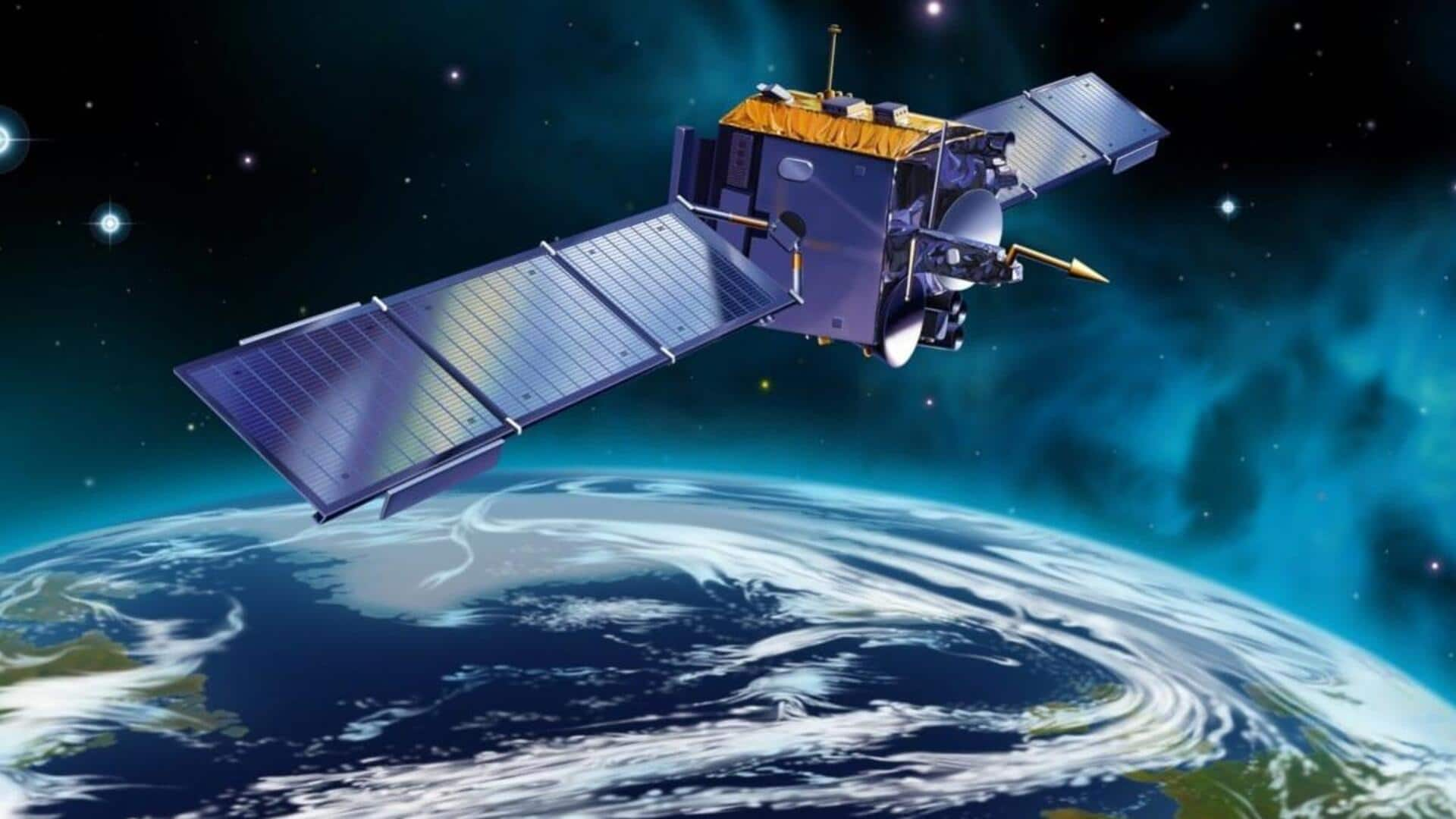
World's first quantum communications satellite can be hacked, expert warns
What's the story
The world's first quantum communications satellite, Micius, is potentially vulnerable to hacking. The warning comes from Alexander Miller, a former Russia-based quantum researcher now working in Singapore. He flagged the risk due to minor delays between the onboard lasers of the satellite that could be exploited by hackers during an attack. The performance of Micius is critical for expanding China's quantum communication network.
Security concerns
Quantum communication and its vulnerabilities
Quantum communication is a method of transmitting information using quantum physics-based cryptography to encode data in single light particles called photons. One technique used in this field is quantum key distribution (QKD), which involves the exchange of secret keys between two parties for decrypting information. While QKD is theoretically unhackable, Miller noted that real-world QKD devices can be susceptible to side-channel attacks due to flaws in their experimental implementation.
Research findings
Miller's analysis reveals security flaws
In a non-peer-reviewed paper submitted online earlier this month, Miller detailed his findings about the vulnerabilities of Micius. He analyzed data that was obtained during communication between a ground station and the satellite. The analysis found time delays between lasers on the quantum transmitter onboard, indicating that "the distribution of quantum keys from Micius was insecure."
Information
A brief history of Micius
Launched in 2016, Micius (also known as Mozi) was the first quantum satellite in orbit. It depends on the decoy-state BB84 protocol, which is one of the most widely used quantum key distribution methods.